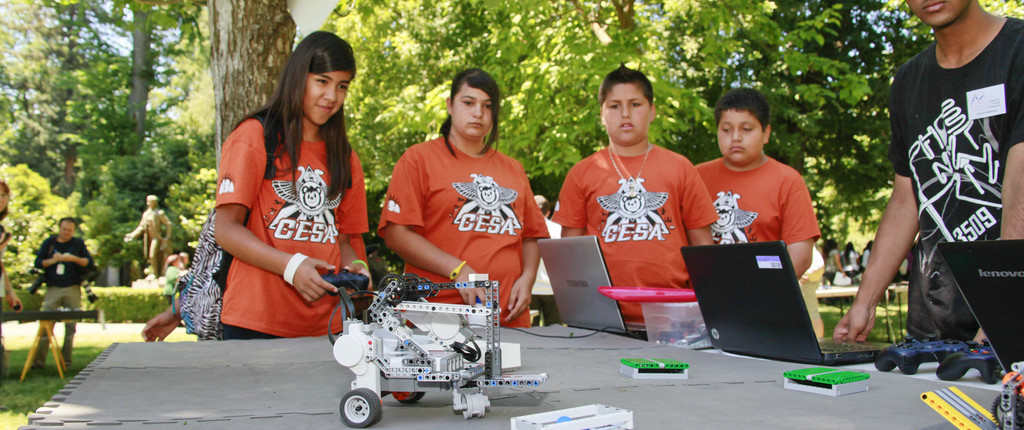Ensuring access to summer learning for all students
Ensuring access to summer learning for all students
As a parent of a 13-year-old, I know that the summer months can represent fun time off from the structure of the school year, and opportunities to expand horizons and learn new things through outings, vacations and summer camps. I am fortunate enough to have the resources to make this possible for my daughter, and I know these experiences make her a more well-rounded, engaged, and educated person.
Sadly, this is not the case for many parents living in California’s rural and inner-city areas who will face tremendous challenges in finding safe, affordable summer programs where their children can enjoy supervised learning activities while they work to sustain their families. Many of our youth will spend their summer at home, perhaps caring for younger siblings, or at risk on the streets.
The research is clear that summer and after-school programs provide numerous benefits to students. According to a study by John Hopkins University, during the summer months children living in low-resource communities who are not engaged in activities tend to fall into a “summer slide,” while their peers from more economically advantaged communities build skills that will help them succeed. Students without positive summer activities lose nearly two months of competency in reading, and these losses are cumulative. By ninth grade, summer learning loss accounts for nearly two-thirds of the achievement gap in reading. Also well-documented are the negative impacts on health: youth without summer learning programs gain weight at a higher rate than during the school year. This is particularly true for children and youth of color and those who are already overweight.
A recent independent study by the Partnership for Children and Youth evaluating student outcomes in Fresno, Los Angeles and Sacramento, found that summer learning not only strengthened students’ academic skills in literacy, but also improved work habits and their confidence as learners:
- Students improved their reading by more than 1/3 of a grade by the end of summer.
- English learners made similar gains in vocabulary skills; a gateway to English fluency.
- Students enhanced their social skills, experienced improved relationships in the school setting, and strengthened their ability to connect with teachers and peers.
- Students in Fresno and Los Angeles programs showed improved academic work habits and confidence with reading, which are key factors in academic achievement.
California has spent the last twenty years successfully building opportunities for kids to learn and gain skills during the hours they are not in school, and for a period of time was cited as the nation’s leader in these investments. Today however, our programs have reached a breaking point. This is a result of state policies that are out of pace with the cost, need and demand for these programs. Recent increases in the state’s minimum wage (47 percent) and cost of living (21 percent) have placed a severe financial burden on 4,000 state-funded programs that serve nearly half a million students daily on a budget that hasn’t changed since 2006. More recently, President Donald Trump’s budget proposal to cut education funding by $9.2 billion – including elimination of federal funds for after-school and summer programs – is cause for further concern.
In the coming days, our state leadership has an opportunity to do the right thing by our youth. As the Legislature and the governor seek agreement on California’s budget priorities, they can place summer learning and after-school programs at the top of their list.
Ignoring the need for increased investment in after-school and summer programs would undermine the work that’s taken place in California over the last two decades to help communities close the learning gap for children of color, low-income children and working class families.
This is why we will continue to raise awareness about the significant gains to student success and community safety made possible through these programs. We will also call on our State Legislature and Governor Jerry Brown to preserve summer learning and after-school programs by ensuring they have the resources to operate effectively with the dramatically rising costs of doing business. We need all our state partners on board. Now is not the time to be penny wise and pound foolish about programs that have a direct impact on our youth and communities.
•••
Jennifer Peck is President and CEO of the Partnership for Children & Youth, a nonprofit that works to expand access to high quality after-school and summer programs for California students.
This editorial was originally published on EdSource on June 12, 2017



